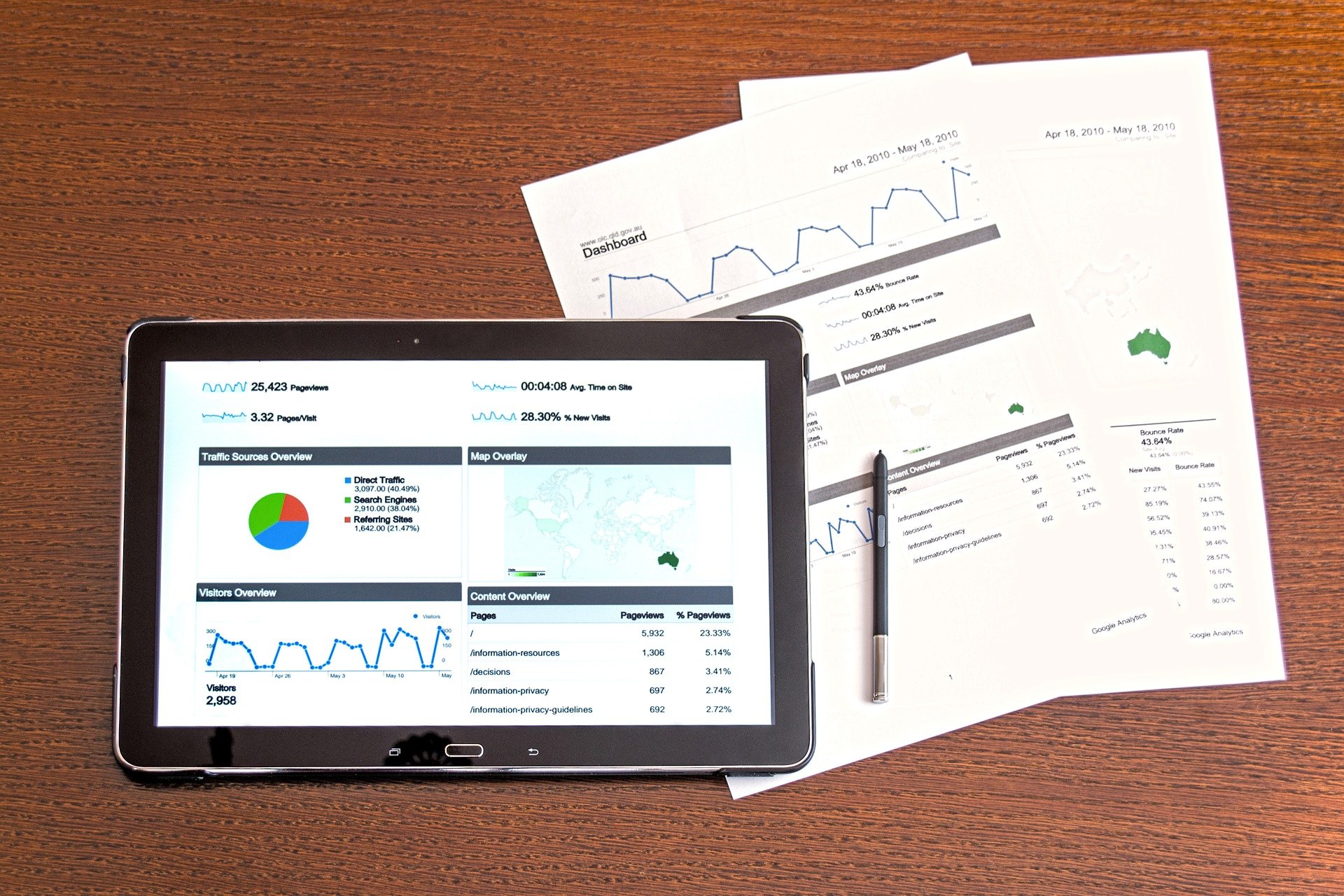Customer habits and expectations are constantly in a state of flux. This has made it necessary for businesses to always be tweaking, adjusting, and at times, completely overhauling their business tactics and strategies.
Marketing, in particular, leans heavily on the need for customer insights, such as understanding common pain points, wants, needs, expectations, convictions, trends, and so on. This has pushed many companies to turn to data mining as a solution.
The Good, the Bad, and the Ugly of Data Mining
Data analysis, as a concept, isn’t new. In fact, it has been a factor of business for ages. Companies have been collecting, organizing, and analyzing their customers’ data for years in the hopes of gaining new insights that will better inform their marketing, R&D, and other business activities.
However, data mining — that is, the process of collecting large sets of data and looking for patterns within it — didn’t start until the 1990s, when technology began to make this large-scale collection and interpretation of information possible.
Since then, the invasive, disrespectful, and all-around unethical use of data has become a major issue for many consumers. One of the most recent examples of this was the decade-in-the-making lawsuit against Facebook for its unscrupulous collection and use of user data.
Nevertheless, it’s impossible to overlook the usefulness of data as a business. When collected properly and analyzed correctly, it can help a company better understand and meet the needs of its customers. It also provides potent benefits for consumers, who can find targeted solutions to their problems. This dual benefit plays out positively in many cases, like when Calvin Klein adjusted its marketing tactics to be more inclusive of its target audience.
In the light of recent scandals, though, one question that has taken center stage is how to mine customer data ethically. Here are a few tips to help you collect and utilize your customer data to ethically improve your marketing efforts.
3 Tips for Using Customer Data Ethically
Here are a few specific things to keep in mind as you collect data as a business.
1. Put the Customer First
In the SEO world, there’s a common concept: to always put the reader first and the search engines second. In other words, even when you’re optimizing a web page for organic search engine traffic, you should always be considering the reader’s experience first. Only when that’s been satisfied should you move on to how you can perfect the page for your behind-the-scenes business needs. Similarly, before launching a product or app make use of usability testing tools to streamline the usability testing process and gather actionable insights into how your customers perceive and experience your product.
Data mining is similar. Always consider how your data mining will benefit your customer before you focus too much on how it will help your marketing strategy. Also, make sure you’re keeping data safe so that you aren’t putting your clientele at risk through your data collection activities.
A good example of this is Starbucks’s reward program and mobile apps. These locked-down tools collect data regarding the activity of customers. They then use it to create personalized promotions that meet their particular interests and needs. The user benefit is easy to see, as it always should be when mining data.
2. Don’t Hide Your Intentions
If you need to collect data, be open and honest about your intentions. This is a critical element if you want to keep your data mining above board.
Electric car manufacturer Tesla has done a good job with this as it’s worked toward creating a truly autonomous self-driving fleet of cars for its brand. Part of this process is what the company calls its “fleet learning” software, which collects data and passes it throughout the self-driving network. This clearly benefits users — and Tesla has been forthcoming about the fact that it is collecting this information to better the user experience and driver safety.
This concept of being open and honest should be adopted throughout all data use. For example, if you’re engaging in social selling online and you want to learn more about your customers, don’t comb over personal feeds without permission. Instead, engage with consumers in shared online communities. You can also request information directly through a poll or open requests for feedback that explains your intentions.
3. Be Transparent With Your Data, Too
Hidden data always raises suspicions. Many companies are democratizing their data to avoid this issue. Senior Director of Data Science & Analytics at Appnovation, Ashley Fitgerald, points out that data needs to be readily available to those who need it within an organization.
While internal data availability is important, it’s also wise for companies to go a step further. Share pertinent data with customers whenever possible to explain your motivation for important business decisions.
Obviously, this needs to happen within reason. However, transparency is an important motivation when it comes to mining data. If you keep customers informed regarding how data is influencing your strategy, it will help communicate to them that you’re invested in meeting their needs.
Being Ethical and Efficacious With Your Data
Data mining is a powerful way to create effective marketing initiatives. However, if you go about your data collection and analysis the wrong way, you can end up doing more harm than good.
Instead, consider how you approach your data collection. Be transparent and always put your customers’ interests first. If you can do that, you can tap into the power of data without compromising your brand’s hard-earned reputation in the process.




